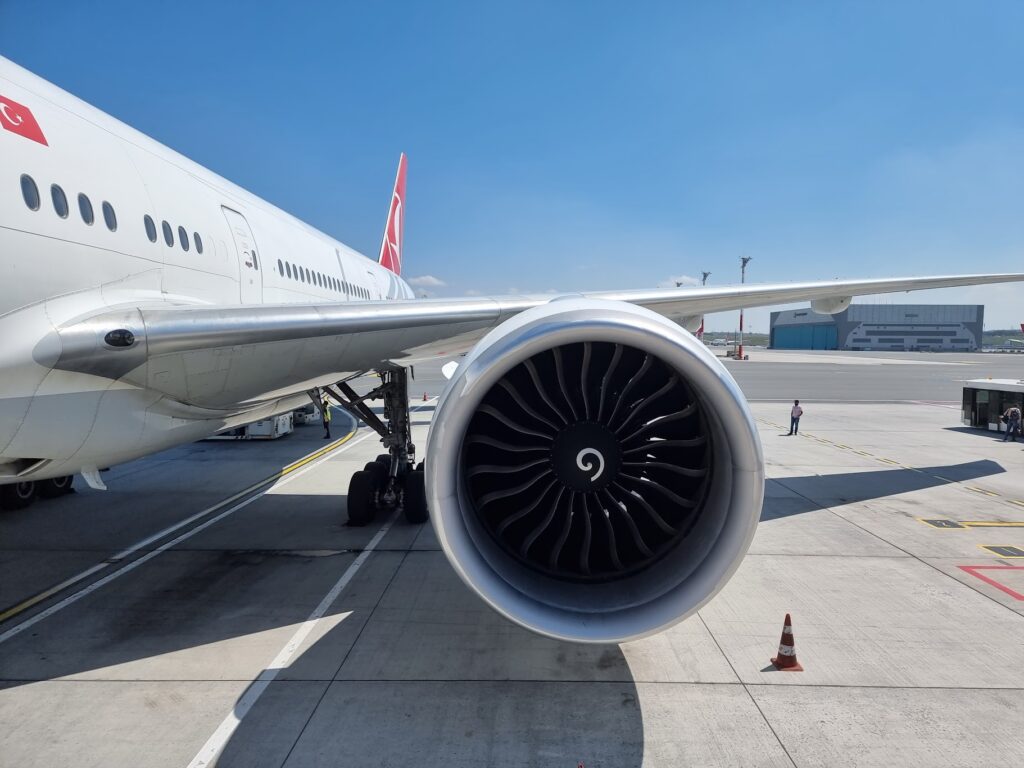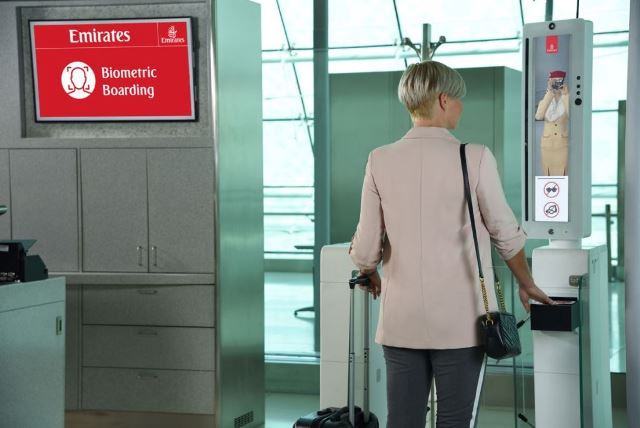Thailand has begun restricting the sale of cannabis to those with medical prescriptions, marking a significant shift in its cannabis policy just three years after becoming the first country in Asia to decriminalize the plant. The new regulation, signed by Health Minister Somsak Thepsutin and published in the Royal Gazette, took effect on Thursday.
Under the new order, cannabis buds have been reclassified as a controlled herb, and all retail sales without a valid prescription are now banned. This move signals a sharp pivot from the more liberal stance adopted in 2022, which had opened the door for thousands of cannabis-related businesses across the country.
The ban carries legal consequences under Thailand’s 1999 Act of Protection and Promotion of Traditional Thai Medicine Wisdom. Violators could face up to one year in jail or a fine of up to 20,000 baht (approximately $614). In response to the policy change, the Department of Thai Traditional and Alternative Medicine held a nationwide meeting on Friday with officials to coordinate enforcement of the new rules.
Thailand’s initial decriminalization sparked rapid growth in both the tourism and agricultural sectors. Cannabis cafés, dispensaries, and wellness clinics flourished, attracting visitors and entrepreneurs eager to tap into a newly open market. Farmers also welcomed the move, viewing cannabis cultivation as a profitable new crop. The industry quickly transformed into a visible part of the country’s economy, especially in popular tourist destinations such as Bangkok, Chiang Mai, and Phuket.
However, the rapid expansion also led to public debate and regulatory uncertainty, with critics voicing concerns over unregulated recreational use, unclear health guidelines, and youth access. The new prescription-only policy is seen as a step to address these concerns while keeping cannabis available for traditional and medical uses.
The shift may have implications for travelers who were drawn to Thailand’s more relaxed cannabis laws. While cannabis remains legal for medicinal use under prescription, casual tourists and recreational users will no longer have legal access. Enforcement of the new rules is expected to intensify, with authorities focusing on compliance at the local level.








